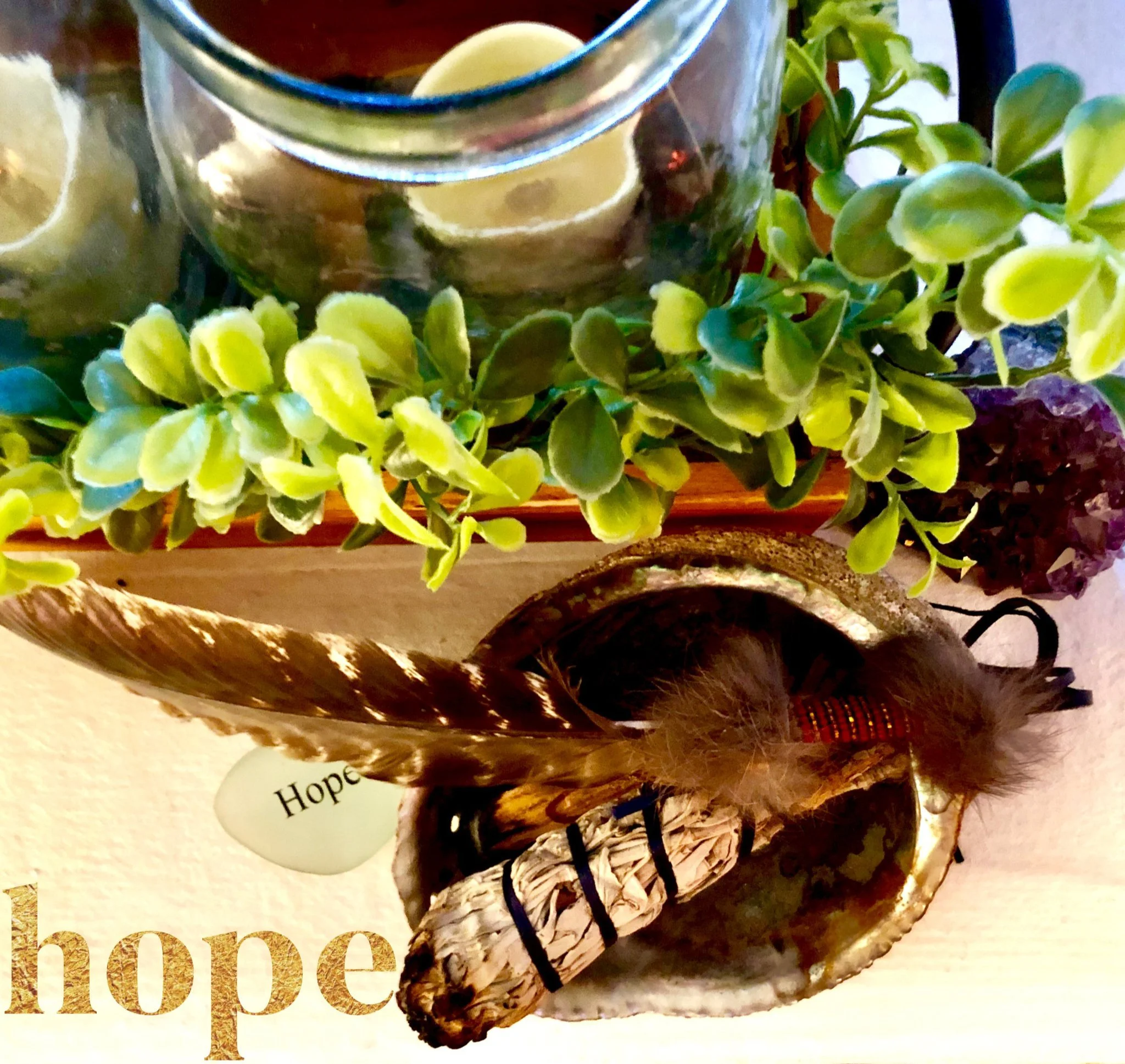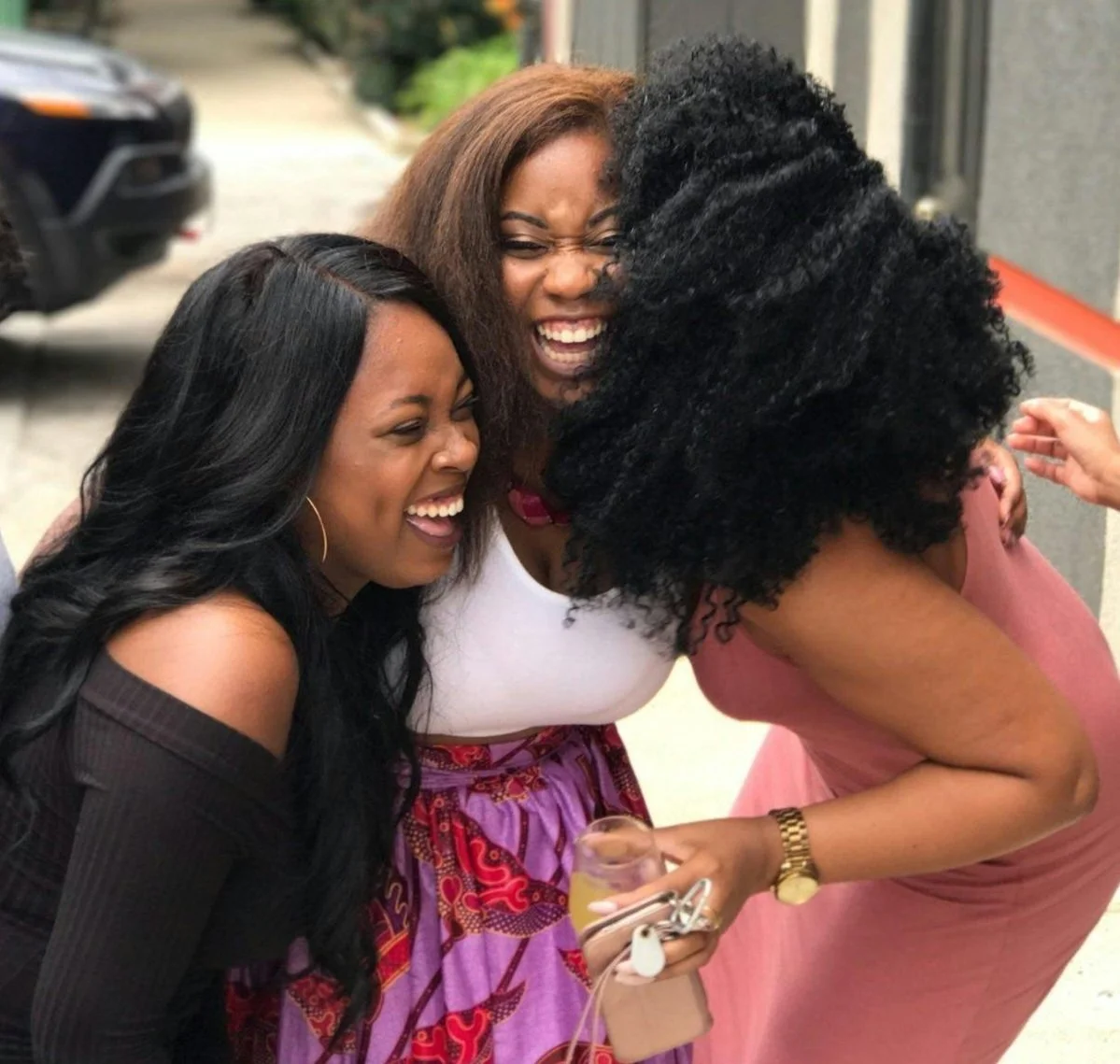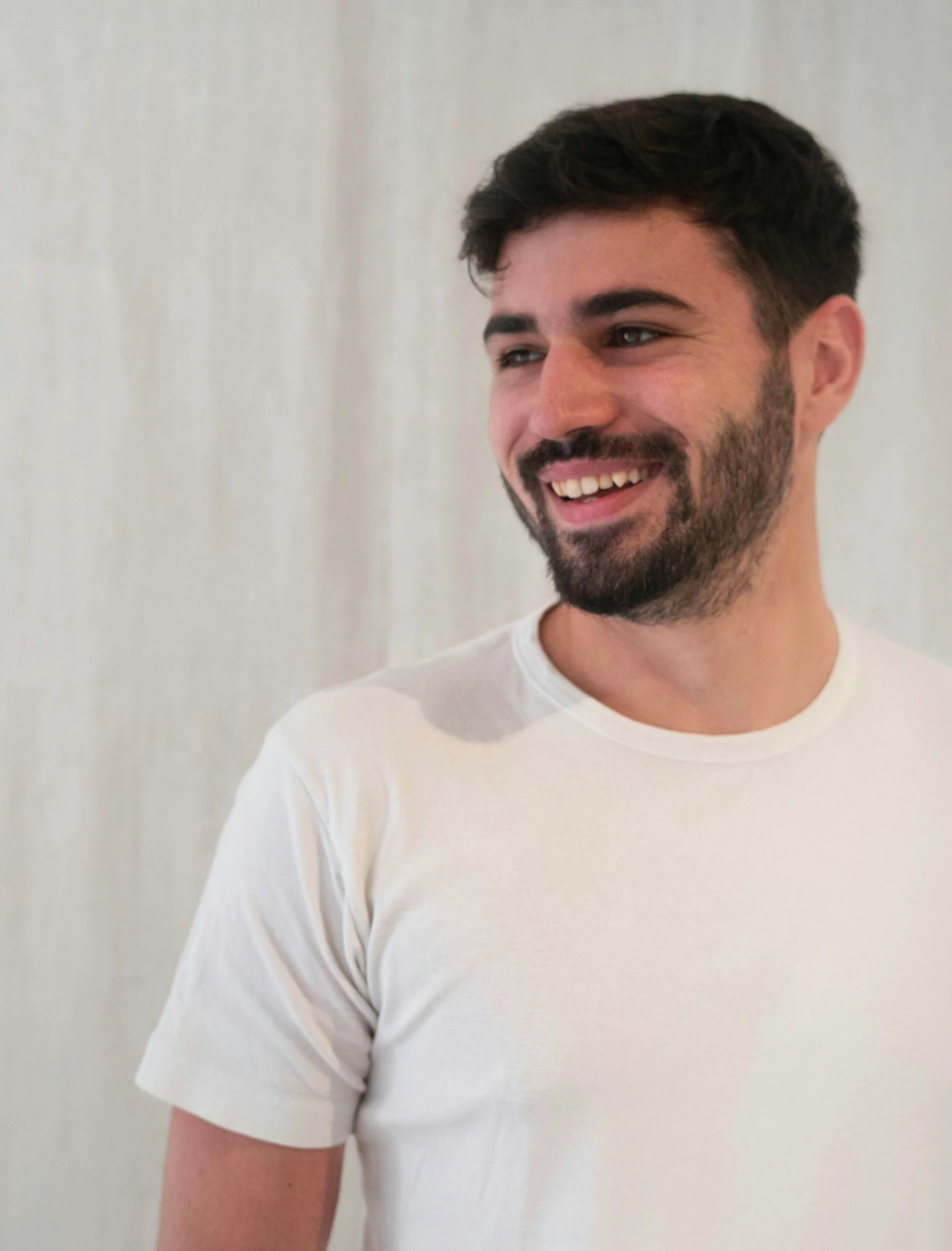
The Blog—Real-life riffs on anxiety, resilience, and being fully present
Looking for the blog? You found it—let’s dig in
I’m Victoria Wallace Schlicht—California-licensed Marriage & Family Therapist and certified Somatic Experiencing® Practitioner—something like a nervous-system whisperer minus the white cowboy hat..
I help anxious, high-functioning adults ditch the “I’m broken” story and find steadier ground. Let’s be honest, nearly everyone you know has either experienced high anxiety or brushed up against it—and how could we not? We’re living in a world that’s spinning faster than we were built to handle. Over-functioning is wearing us out.
We need better tools and a fresh perspective. Good news: I’ve got a stack of both, and I love to share them.
Welcome to my bully pulpit. Each post unpacks the science, stories, and somatic hacks that tame anxious spirals, increase self-regulation, and build real resilience.
Ready for deeper work? Get the scoop on my all-online California practice here.
Self-Care When the Shit Hits the Fan
When life blows up, deep self-care isn’t a luxury—it’s a lifeline. Try therapist-tested somatic practices to stay grounded and heal from burnout.
When life falls apart, deep self-care isn’t a luxury, it's a lifeline. Ground yourself gently with real-world strategies for surviving overwhelm and burnout.
There are times when life is overwhelming
Claudia Ow-unsplash
Hang around long enough and Life is going to offer you some shit to deal with. Some real shit. There will be moments when there is way too much of it. Sometimes on multiple fronts. Sometimes more than you feel prepared to handle and you might even be the King or Queen of Handling. Sometimes it can feel like there is no right way, no clear way, and no way out. No solutions. No support. Or at least not enough. No answers about how to deal with the pain as your world burns down, or you find yourself buried in too many responsibilities for too long, and have no idea about how to make it all work.
It’s a big chaotic world
There are many ways in which things can spin out of control. For those of us habituated to the anxious side of living, this is particularly problematic. You're actually not ever in control, despite your best and most mighty efforts. Even when you think you are. Every time the world reminds you you're not in control, it comes as a shock. Or at least it always shocks me.
Things may feel beyond your control in your work environment, or loss of work. In your family. In your relationships. In your finances. Or the constant hammering of a 24-hour negative news cycle: violence, politics, the coming global climate crisis. On and on, forever. Sometimes it feels like it is all crashing down at the same time. Let's face it, it can be a little overwhelming, right?
Maybe you get it is all a bit too big and there's only so much you can actually do about the melting polar icecaps, the antics in Washington, the last major natural or humanitarian crisis, or mass shooting. We get that. We can usually talk ourselves through negotiating our circle of influence and impact. We do what we can. We can at least stand as witness, vent on Facebook, write the checks, eat less meat, vote the vote, maybe even hit the streets. Alone we're not going to be able to make much happen, but maybe collectively we can play a role in shifting the thing over time. Doing our part. So we pick a thing, even a small thing, and we do our part. Or at least we feed it our worry and concern.
After all, for a lot of us, worry is our love language. So we love on the world and we love on the people we love, as best as we can.
But what if the thing that is burning down is your family? Your loved ones? Your life?
Christian Erfurt-unsplash
What if it is your family burning down? What if it is a family member who is dissolving into dementia, collapsing into mental illness, dropping into catastrophic illness? Tangled in addiction? What if divorce or loss have ravaged your home? Our loved ones? Our friends? What are we to do then? Isn't that something that should fall inside our scope of influence? Isn't this something we should be able to do something about? Aren't we empowered to act? When it is our parents, our siblings, our children, our grandbabies? Our best people? It's ours to fix then, right? Or at least it is ours to have feelings about. Guilt about. Worry about. Shame about. Overwhelm about. Especially as caring, observant, always-on-the-ball Anxious Folks? Aren't we built to carry the world? Or at least our loved ones? And if we can't make it right for them, then what's point? Why continue being Clark Freakin' Kent if our Super Man heroics can't save the people we love most?
We’re not always able to make it right.
Yeah, that's the rub, isn't it? We're not always going to be able to make it right, tidy it up, and stick a bow on it. Hell, there may be moments when we don't feel certain we'll even be able to survive the moment. Survive the pain. The stress. The sense of impending doom. The vanishing of the world we thought we had. The heartbreak of it all. What are we to do then? What happens when all that heroic over-functioning we've leaned into for so long starts to break down? When our over-functioning breaks down, it can feel as if we are breaking down.
And suddenly we’re drowning
Maybe we've managed until now, and then suddenly we're drowning. How do we help ourselves? How do we manage the unmanageable? The unimaginable?
How do we even swim through this much shit—everything going sidewise all at the same time? How do we navigate the perfect storm of it all? How do we keep moving?
Ryan Christodoulou—unsplash
I'm going to talk about self-care and self-compassion and you’re going to want to punch me in the face
Self-care? Are you freakin' kidding me right now? What is that even supposed to mean when I can't sleep, can't eat, feel like I may dissolve into tears in any moment when I am not fully occupied with something else? How is self-care supposed to help? How is self-care supposed to help when Chaos has built a stronghold in the middle of my life?
The glib rose-colored positivity of the self-help industry is not what I am talking about right now—not even close
So, it's not about thinking positive, more gym time, mani-pedis, a glass of wine, or dark chocolate. It's not about throwing yourself harder into work, vegging in front of the game, or another round of golf. It's not about getting the FitBit on and trying to outrun this shit. If you've gotten this far down the road with me today, then maybe you've realized Shit has set up camp and you need some survival strategies to manage on the ever expanding front of the current siege. It’s a shit war out there right now.
Most of what is going to help is all about inside work, not outside actions. And by help I don't mean find solutions. There may be no real solutions if what we mean by that is "make it all stop and disappear." I am strictly speaking about seeing ourselves through the storm that is today and finding a safer mooring within ourselves in the process. The world, your life, the lives of your loved ones may continue to lurch forward with their painful, limping gait. You may not be able to make an escape, but you can find a way to see yourself through.
Here are a few things I do when the shit hits the fan and life becomes very hard—your mileage may vary
Victoria Wallace Schlicht
I have all the advantages and disadvantages of having been around for awhile. Which is to say, I know first hand that shit happens, life goes sidewise, and things don't always go to plan. I've experienced it in my own life. I've witnessed it in the lives of countless clients and friends. Life can become very painful at times. There's certainly more to life than pain, but there seems to be a good portion of pain thrown in the mix for most of us. Life keeps offering. Life keeps offering lovely, wonderful things amid bountiful piles of shit and chaos. You gotta grab the good where you find it.
Life keeps offering. I remind myself of this: Life keeps offering and I have choices. I have choices where it can seem I have none. When things seem to be completely outside my control or ability to manage or fix, I can still bring my option of choice online. I can choose to choose when it appears I have no real choices at all.
I can choose to feel it all. I can choose to feel it all in all it's shittyness. I can decide to be present for all those strong feelings. Strong feelings don't exist solely to be extinguished, although our culture and even our therapeutic communities can become confused on this point. Strong feelings are part of the natural way of things. If we allow them to surface at all, strong emotions can become our teachers. They deepen us as people. They expand our capacity. They teach us empathy and compassion.
So, there are times I choose to sit with the pain of it and just be with the experience. Acknowledge the experience for what it is. I am having a difficult, painful moment, and it makes sense I will have strong, sometimes painful feelings in response. That's healthy. That's allowing my process and allowing it to move through my emotional self and my body. It's the opposite of getting stuck in the mud. It's honoring and acknowledging the moment and the depth of my feeling response. It takes some resiliency, so if I'm short on that today, I'm not going to hang in for long. But I am going to say, 'Hello. I see you. You're having a hard time of it. That makes perfect sense to me. Hang in there, Baby. This is just a moment in time."
I can choose to take a break from my feelings. I can choose to use my tools, distraction, and activities to move away from the fire for a moment and take a deep breath. I can choose to distract myself through work, tasks, entertainment, walks, and even focusing on others. Our culture is particularly good at practicing distraction, but that doesn't mean it is without value in the realm of healthy responses and self-care.
I can choose to let go. At least a little. I can choose to let go through ritual, through prayer, through self-talk, through reminding myself I can let go of needing to make this better for everyone. Or even making it better for myself. I can choose to let go of the way I am seeing it, the story I am telling myself about it, the need to make it have meaning. I can question the meaning I am making of it already. I can choose to let go. If I can choose to let go, even for a minute, just as brief as that, then I can notice I do actually have the capacity to let go. Then, I can let go again.
Victoria Wallace Schlicht
I can choose to focus on lifting my own boat. I can create the rising tide that lifts my boat. I can choose activities designed to nourish myself. This can be particularly hard for those of us on the anxious and care-giving side of living. Often we are last on our list and it can feel both unnatural and wrong to focus on our needs when the needs of those around us seem so great. In fact, this is a huge hang-up for Anxious Folks. We tell ourselves we can focus on our own well-being when we are done "helping" others. The problem is, we are never done.
For me, lifting my boat can show up in myriad ways. I may focus energy on reinvigorating the entryway to my home so it lifts my mood and speaks of beauty as I enter my space. I can focus on beautifying or decluttering my home and work environment. On creating beautiful meals, even if I am eating alone. I can treat myself as someone with value and be my own host. It can be as simple as catching up on dishes and laundry. Re-enliven a flagging meditation or prayer practice. Read an enjoyable book. Tend to my plants. Walk the dog and focus on it as a pleasure, as opposed to a necessary task. Create art. Sing along to the radio. Dance. Pick up and learn an instrument. Listen to uplifting podcasts and books. Really, the list is endless.
Okay, I hear it too. You're not wrong. Some of this last bit does sound like the glibness of the self-help bookshelf. When taken in balance with other forms or care, though, it definitely has its place. For me, this kind of attention to the details of my life and abode is invaluable.
I can choose to attend to my boundaries. More. Much more. Shitty moments require great boundaries. I can slow down and say 'no' more. Be careful about what I say 'yes' to. Notice my energy may be flagging and what was okay yesterday isn't okay today. I can think of this kind of noticing as a strength and not a sign of weakness. I can commit to less. Reevaluate current commitments. Prioritize my own well-being, no matter how weird that feels. I can get iron-clad with my interpersonal boundaries. Hold the line, even when it feels hard and painful to do so. Even when I feel like a bad person for disappointing or frustrating others. Let's face it, no one is happy with us when we stop over-giving. This is what makes boundary setting and maintaining boundaries such a bitch to pack off in the first place. I can choose to love that particular bitch. She is going to free me.
Victoria Wallace Schlicht
I can choose to move out into community. The parks are full of concerts in the summer and activities in the fall. There is yoga to be had at a variety of locations in the community. Tai Chi, Qigong. Movies. Coffee shops. Meetup groups. Libraries. Farmers' Markets. Art shows. Spiritual communities, if I find nourishment there. I don't have to talk to anyone in order to remind myself I am are part of a tribe of people, part of a community. Human.
I can slide in and out, silent and absorbent and attentive, if that's how it needs to be. I can actually choose to show up to receive, just this once, rather than to give.
I can choose to extend compassionate caring towards myself. I can remind myself this moment IS hard and it is okay and understandable to notice how hard it is. It is okay to have all the feelings. Even the unacceptable ones. I can choose to offer myself the same comfort and support I would offer another. I can choose to remember that acknowledging my feelings and pain is not the same thing as self pity. It is noticing my shared humanity and learning to hold myself gently, the way I am so willing to hold others.
I can choose to confide in a friend. Or two. Those of us oriented towards helping others, or even working in the helping fields, are not always adept at allowing help and support to come our way. We can cover ourselves with a blanket of "I'm fine!" It can be extraordinarily hard to be vulnerable in this way. And yet it is so hard to go it alone. So, I can choose to spend time with caring friends. I can choose to remind myself it is a choice to remain alone, feeling unsupported, and I can choose otherwise. I don't have to be sufficient unto myself and neither do you. It only seems that way. I can choose to stop lying to myself on this count.
I can choose to cart myself back to my therapist's office. Yeah, I do have a big ol' long-held bias on this one. A little therapizing always helps to regain perspective and identify patterns. It's safe and feels safe in a world that doesn't always feel safe. If that's all it was and all it did, it would be bomb, but, of course, it's so much more than that.
I can choose to remember everything changes. Change is constant. The good. The bad. The ugly. It all changes. This moment and its intensity and pain will eventually transform or shift. The worst case scenarios are unlikely to play out. And if they do, they will, themselves, change over time. Everything changes. Even this hard, unbearable moment.
I can choose to notice what is good or even just okay
There are studies out there suggesting gratitude changes the brain. I believe it. At the same time, I am always very careful with my clients, who are self-identified as highly anxious, because we Anxious Folk are just so freakin' adept at "shoulding" on ourselves. It is our secret dark superpower. So, it's not a matter of we should feel grateful, it's a matter of noticing what happens to our mood, emotions, and physical felt sense when we notice what is okay or even good in life. It's a matter of noticing what's good or at least okay and noticing it often. Every day. And then noticing how that impacts our mood. Our ability to cope. Our ability to sustain ourselves, even when the shit hits the fan.
Victoria Wallace Schlicht
For myself and for my clients I notice noticing the good is invaluable. Even in the most simple and basic ways. And like everything we pay attention to, including our worries and concerns, the Good or Merely Just Okay, seems to grow and spread out when we nourish it with our attention. In fact, this is a huge part of my Somatic Experiencing practice with my clients—noticing the good and allowing it to spread. So, notice it. Notice the good, the beautiful, the merely okay. Notice it, even in the middle of this shitty, shitty moment and then notice what might shift within you in response. And keep on noticing.
I help people who feel bad feel better. Let’s talk. Learn about online somatic anxiety therapy in California.
Boundary Issues & Anxiety
Poor boundaries can keep high-achieving adults stuck in anxiety and burnout. Discover how online anxiety reduction therapy helps you set limits and feel lighter.
How Online Therapy Helps High-Functioning Adults Set Healthy Limits
Key takeaway: Anxious overfunctioning often leads to poor boundaries, resentment, and burnout. Learn how anxiety-driven people-pleasing develops—and how clear boundaries can reduce stress, restore balance, and support authentic connection.
pexels-elevate
Healthy boundaries: your best tool for anxiety relief
You've heard about boundaries, right? I mean, we are always talking about boundaries, but I'm not too sure we understand the term fully. Or its power to create better and more fulfilling friendships and relationships. Good boundaries hold the power to improve our lives across the board. Or to herald a better and deeper understanding of ourselves, our own preferences, needs, and dreams. Experience life with more ease and less anxiety.
Why boundaries fuel personal growth
Raphael Mittendorfer-unsplash
Essentially, boundaries are how we train ourselves and others about how to behave. Boundaries allow us to build more satisfying relationships and even to stay in healthier relationships with some of the most difficult people we love. Boundaries create safety and greater satisfaction in our relationships.
Boundaries allow us to feel less chaotic, less stressed, less overburdened, and less alone. Boundaries are how we teach ourselves and others, "This far and no further." It's how we establish our limits and our preferences. Ultimately, boundaries are the Gold Standard in both self-care and in cultivating our self awareness regarding our own behaviors in interactions with others. Good boundaries allow our relationships to be more enjoyable and far less exhausting. Engaging in relationships becomes energetically sustainable again.
Learning to say “No” without guilt
I often teach clients about boundaries, saying, "Good fences make good neighbors." No, we don't want to wall ourselves off from others, but we do want to create healthy expectations and learn a healthy "No" or "That's enough." response when appropriate. We want to understand and have our associates understand the manner in which we want to be spoken to or treated. How much emotional and physical space we require? What is appropriate to request and expect from us in terms of help, support, a listening ear, and tolerance for poor behavior?
Janko Ferlic—unsplash
When childhood coping becomes adult people-pleasing
Often, due to the way we were raised or the experiences we have had in life, we don't know ourselves well enough to know what we need. Or we feel what we need is to make sure everyone around us is happy and everyone around us is pleased by our behavior and responses. We have not only lost track our needs, but our needs consistently take a back seat to the needs of others. It can feel like this is actually the way it is supposed to be. It may feel like it has always been this way.
In truth, for many of us, this has been the way it's been since we were toddlers. Sometimes, our chaotic or painful family systems felt like they required us to feel into the needs of the adults around us and do what we could to meet those needs. It makes sense. It's a safety first issue of survival and the highly intelligent or emotionally intelligent child is going to sense this and act on it. Good thing, too. These anxious coping strategies can serve us well in childhood and bring us through safely to the other side. The thing is those brilliant strategies of childhood do not serve us near as well as adults.
From caring to over-giving: anxiety’s hidden cost
Based on our experiences, over the years we may have morphed into people pleasers. People pleasing always arises from our anxious coping strategies. It helps us feel accepted. And safe. Especially safe. We developed the people pleasing habit to keep ourselves safe. And valued. This results in our not knowing what our needs are, where we end and the next person begins. It's nearly impossible to set healthy boundaries when we don't know our own needs. We may not even know what we prefer or how to make decisions that are self-valuing. As a result we can end up feeling inauthentic, unknown and unseen, and perpetually overextended, exhausted, and resentful. It's not a lot of fun. Sometimes it can mean we're not a lot of fun to be around, either.
Stay in your lane: boundaries for less stress & more energy
Tim Gouw—unsplash
Our unconscious boundaries and lack of boundaries are a huge personal development challenge. For ourselves, we need to understand what's our business and what's not. Just because we care about someone or have an opinion about them, their lives, and what we think they think of us or expect from us, doesn't mean any of that is actually our business. Or our job.
As an individual, your job is to know and understand yourself. Know, understand yourself and what you need in life and how to fulfill those needs in a healthy manner. It's actually not your role--not your healthiest role--to be a caretaker for everyone around you. It's not your job to know what everyone else needs and make sure you make that happen for them. That's their job. That's their personal work and area of personal growth. Get out of the way and let them have at it.
Boundary Work = burnout prevention for busy professionals
When we are trapped in our anxious experience of ourselves, it can feel like we have to act. There is no choice. That is your anxious mind lying to you, right there.
Doing the work of learning how to establish healthy, functional boundaries is a huge stress reliever. Everything in life will feel easier and more fulfilling, particularly your relationships, when you have established and are maintaining good boundaries. Life gets easier.
Better relationships start with better limits
pexels
The truth is, moving through this deep personal work, the hard work of boundaries, most often requires the support and mentoring of a trained helper. Our weak and permeable boundaries are so close to the core of who we perceive ourselves to be that it can be impossible to notice the issue on our own, let alone effectively address it.
When we stop overextending ourselves in our relationships, at home, in our friendships, and in our business relationships, then work and relationships become more satisfying, less exhausting, and less burdensome. Life feels immeasurably lighter—in your heart, in your mind, and in your body. When everyone takes care of themselves, gives and receives support relatively equally, then we are all more satisfied in life. Relationships become more enjoyable and much less stressful over time. We can learn boundaries and learn to be happier.
Online therapy in California: master boundaries from home
Happiness is definitely the learning curve we want to be climbing, isn't it? Fortunately, help is available. You can access online anxiety therapy from anywhere in California. Ready to turn stress into spaciousness?
Book a free 15-minute video consult and learn how online therapy can help you build rock-solid boundaries—no commute required.
I help people who feel bad feel better. Let’s talk. Learn about online anxiety therapy in California.
Online Somatic Therapy for Men in California
Discover how secure online Somatic Experiencing® sessions help California men untangle anxiety, anger, and burnout, tap body-based resilience, and regain steady, authentic strength—no commute, just a private video call away.
Orange County • Secure Online Video Sessions Statewide
Key Takeaway: Men don’t have to tough it out alone—online Somatic Experiencing® therapy helps you tune into your body, release hidden stress, and regain calm, focus, and authentic strength wherever you are in California.
Originally published January 2019. Updated July 2025 to include new insights on well-being and online therapy.
Bruce Mars-unsplash
Is therapy “just for women”?
Hardly. In my 20+ years of depth-oriented practice—and nearly two decades of integrating Somatic Experiencing®—I’ve helped men quietly wrestling with burnout, anger, or grief discover they don’t have to tough it out alone.
Why Many Men Still Struggle in Silence
Feelings are off-limits. Boys learn early to bottle emotions. Cut off from body cues, many men only notice stress after it sparks anxiety, rage, or shutdown.
Support networks are thin. Heterosexual men often lean on one confidant—their partner. Divorce, widowhood, or relocation can leave them with no emotional first-responder.
Health pays the price. Unprocessed stress drives heart disease, reflux, chronic pain, depression, and insomnia.
Numbing is easy. Extra shifts, gaming marathons, alcohol, porn—anything to dodge sadness or failure. Over time the escape hatch becomes its own prison.
Trauma gets buried, not healed. Abuse, combat, accidents, surgeries, attachment wounds: the body remembers even if the mind “moved on.”
LGBTQ+ men face double burdens. Gay, bisexual, and queer men confront the same stoic expectations plus minority stress discrimination, family rejection, and higher trauma rates. (I work extensively with cis gay and queer clients; while I’m an ally to trans men, I refer to trusted colleagues when specialized gender-affirming care is needed).
Seljan Salimova-unsplash
How Somatic Experiencing® Helps Men Reclaim Agency
Feel safely, not endlessly. Tracking body sensations lets you notice emotion in bite-size pieces, preventing overwhelm.
Build true resilience. Expanding your tolerance for strong states—joy and sadness—makes life richer and relationships steadier.
Resolve stored trauma. SE completes fight-flight-freeze loops so old shocks stop hijacking the present.
Channel intense energy. Anxiety, anger, or social discomfort are worked through gradually, giving you a reliable internal “container.”
Somatic means “body.” You have one—and it can become your greatest ally.
Ready to Get Out of Your Head and Back into Your Life?
Lucas Calloch—unsplash
All sessions are secure online video, accessible anywhere in California—from Newport Beach to Napa. If you’re ready to trade tension for grounded strength, let’s talk.
Schedule a free 15-minute consult or call (Most men feel some relief after the first few sessions).
I help people who feel bad feel better. Let’s talk. Learn about online anxiety therapy in California.


















